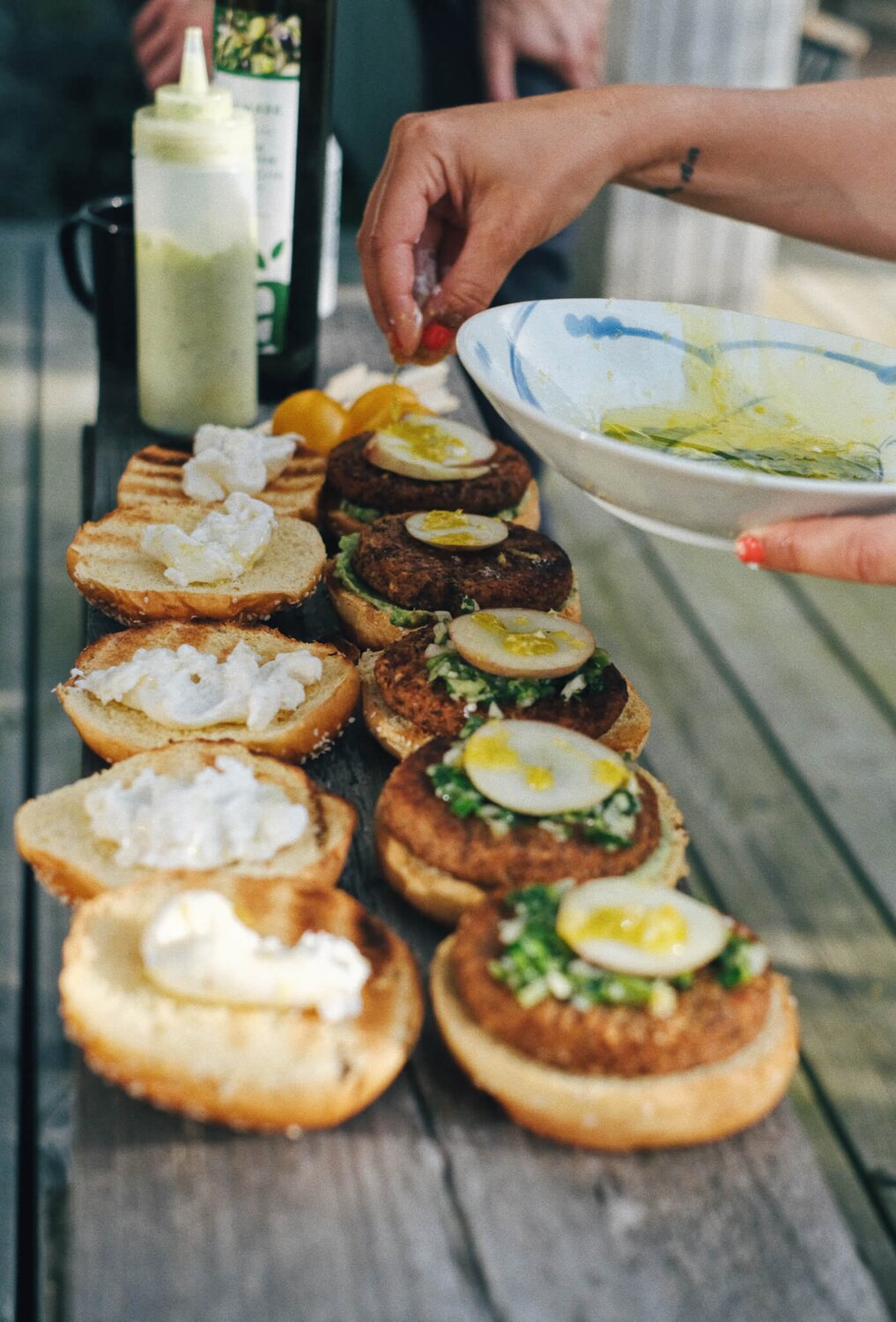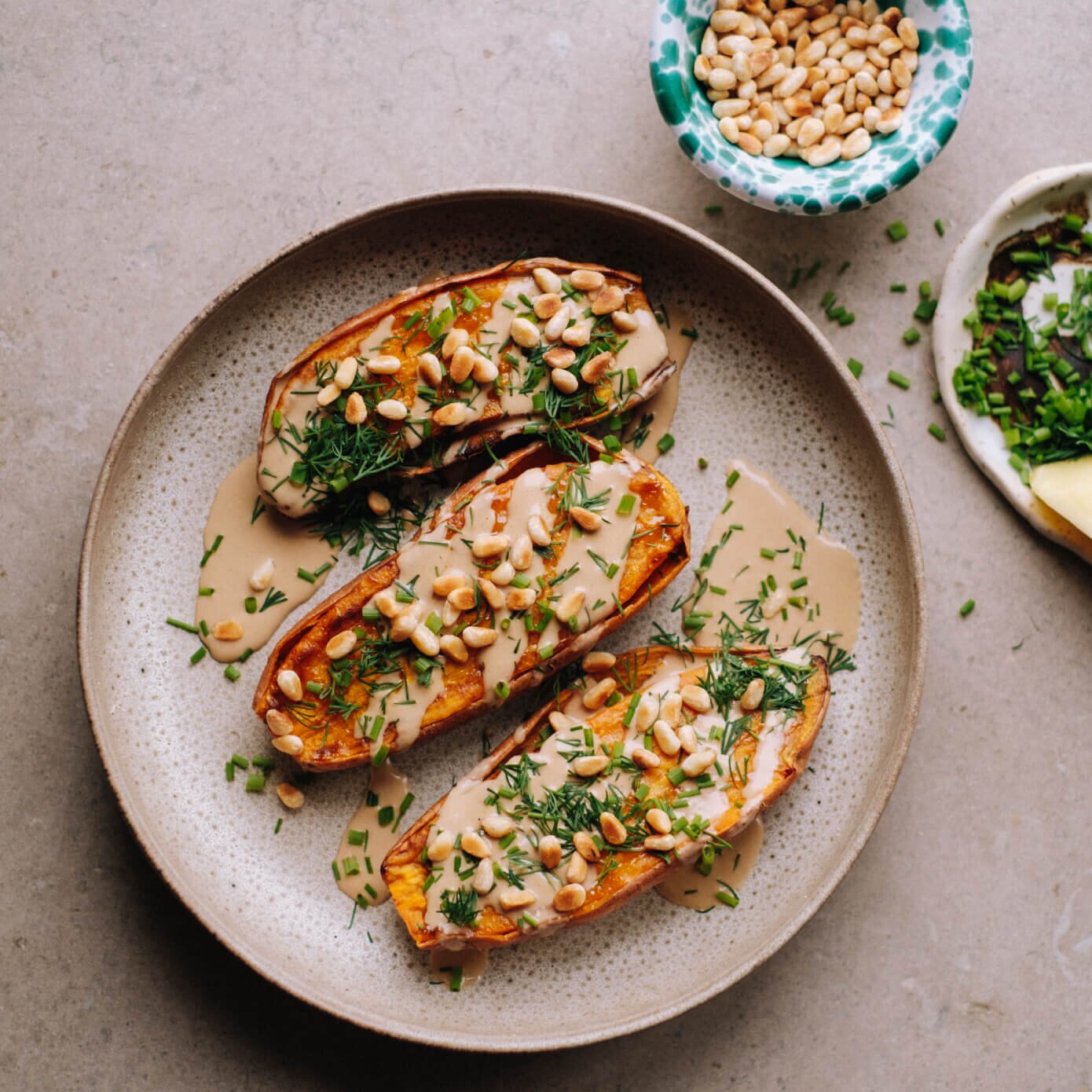Stories
The art of food photography
1 January 1970
In an apartment with paintings covering the walls, flowers in every corner, and a ceiling resembling a pink summer night sky, we find Therese Elgquist. With her, we discuss the art of capturing food in photographs, covering everything from sunlight and depth of field to the number of raspberries on a dessert.
Where I live:
I reside in Gothenburg but am often elsewhere because I find inspiration and joy in being in different places, and because I want to experience as many different lives as possible in the short time I have here.
What I do:
For the past nine years, I've run my own business and worked with food in various contexts – cooking, eating, styling, and traveling to discover and taste good food. And, of course, capturing all these moments with my camera.
I take photos with:
My analogue Olympus MUJI (which I received when I was 12), my Fuji XT-4 with a fixed 35mm 1.4 lens, and sometimes just with my iPhone.


5 food photography tips from Therese
The light makes it all
Natural light is the key to beautiful food photos! Take the picture near a window without direct sunlight, but where a few stray sunbeams sneak into the frame. If you're shooting in very dark conditions, using a flash can be elegant.
Composition
An odd number is appealing to the eye, so it's better to have five raspberries on top than four. To make it feel natural rather than staged, there should be a little extra space in one corner, varying distances between different objects in the frame, and something protruding in a corner. When I photograph food at a restaurant or café, I like to capture some of the ambiance around; the edge of a table, a piece of a chair, or the wall behind.
The depth in the photo
Most of my favorite pictures, both of food and lifestyle, have a shallow depth of field. This means that one object – a dish in this case – is in focus, but both the background (a hand, a building facade, a bottle, a chair) and perhaps something protruding in the foreground (a twig, a glass, a hand, herbs) are blurred.
Use different angles
Depending on the food and the setting, different angles work best. A pizza is usually most appealing from above, while a hamburger is best photographed from the side. Personally, I like to deviate from completely straight angles and prefer taking the picture slightly from above or slightly from the side to create more dynamic images.
Styling it
Use different colors, shapes, and textures in the dish. Perhaps something crispy on top, crumbled white feta cheese on a creamy green soup, or a sauce drizzled over the plate. Even the foreground can add to food styling, for example, a pot of thyme with its sprigs spilling over a plate.
Whether you're using a DSLR, analogue camera, or your phone, experiment and get to know your camera. With these five simple tips in mind, you'll go far!
Language